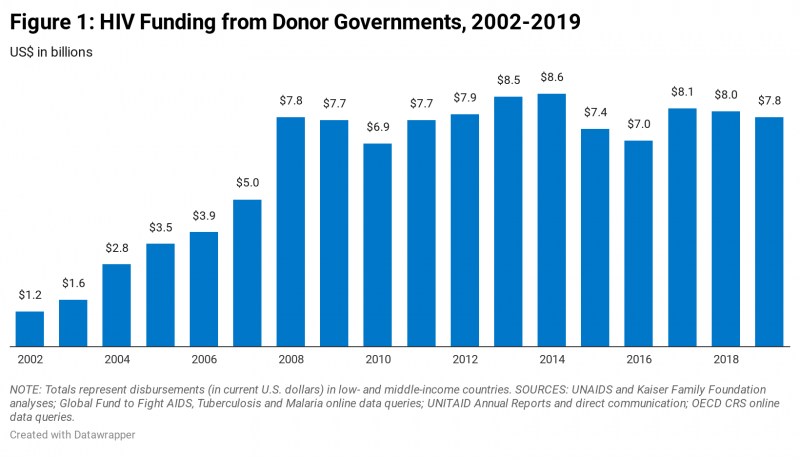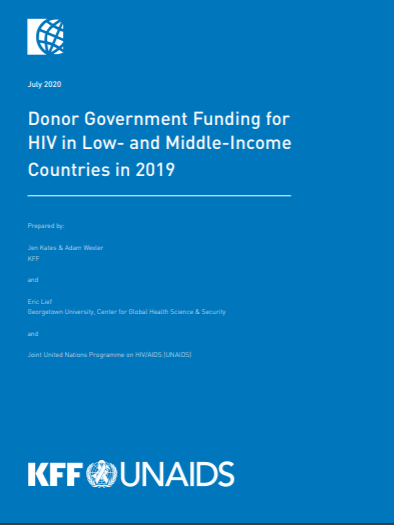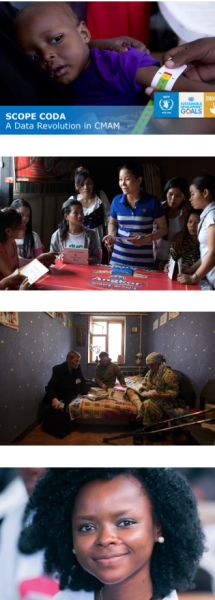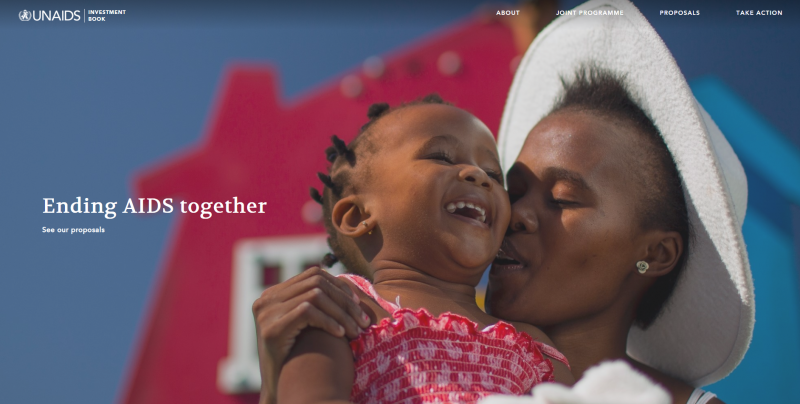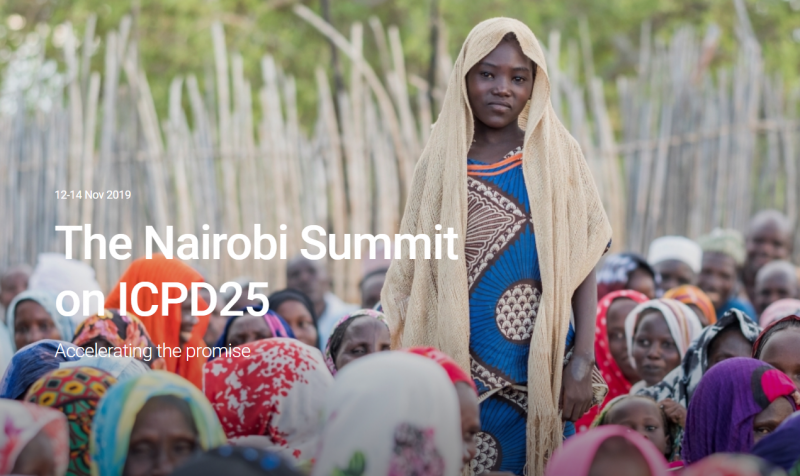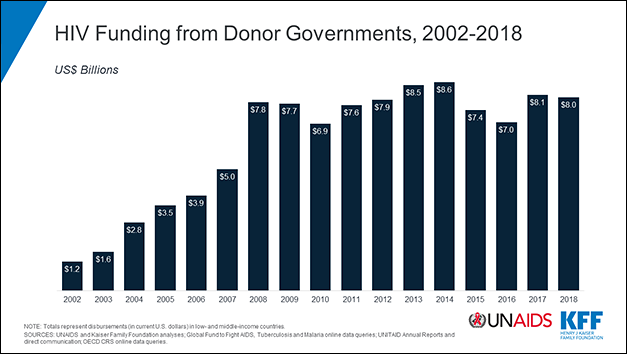UNAIDS Executive Director Winnie Byanyima’s statement on the economic response to COVID-19 during an online event held on 16 April 2020 cosponsored by the Global Development Policy Center and the United Nations Conference on Trade and Development
COVID-19 is killing people. However, the scale and the consequences of the pandemic are man-made.
It was not inevitable that there would be thousands of lives lost and millions of livelihoods destroyed. Those losses are the result of the extreme inequality that is hardwired into our global economy.
The steepness of the mortality curves, the depth of the economic losses and the social upheavals in different countries are the consequences of our policy choices, a function of the economic model that we have created.
COVID-19 has pushed the world into a recession. The International Monetary Fund is reporting that the great lockdown is going to be worse than the global financial crisis of 2008. According to the International Labour Organization, COVID-19 is expected to wipe out the equivalent of 195 million full-time jobs.
As we know from the HIV epidemic, epidemics wreak havoc in an unequal world. They feed off existing inequalities and hit the most vulnerable and marginalized the hardest—those who have no access to health care, who have no social safety net, who have no right to sick leave or who have no water with which to wash their hands. The people whose right to health is denied are those who are hit first and hit the hardest.
When governments prioritize privatized health-care systems over publicly funded universal health care they are making a choice, they are saying that the right to health becomes a privilege for the few who can afford it. When an epidemic hits, that choice translates into a decision about who will live and who will die. Those with the privilege of access to health care live, those without, die.
Governments must invest in universal social protection. In poor communities around the world, we are hearing: “If we cannot work, we will die of hunger before we get sick from the coronavirus.” This is a choice no one should have to make. This health crisis is rapidly becoming a food crisis.
Across our economy, we see business models that rely on workforces that are not protected. Models that exploit workers and suppliers, that do not support or protect them.
The climate crisis is another consequence of our rigged economic model, exploitative of the ecosystems on which we depend. And again, it is the poorest, those least responsible for the exploitation, who are the hardest hit. Right now in the Pacific, people are not only struggling against COVID-19 but are recovering from the aftermath of Cyclone Harold.
None of this is an accident. It is by design. Earlier, I said that we are living with man-made choices, and in many ways they are MAN-made. It is men who still dominate corporate boardrooms and the corridors of political power, while it is women who take the biggest burden of caring for others—women who must look after sick relatives in a pandemic or who walk further to find drinking water.
But the story is not all bleak. We are seeing some silver linings; some lessons are being learned. We are seeing more awareness of the importance of health and social protection. This means that if we are to recover, we must reset—we can’t go back to where we were.
We are seeing some countries imposing what they are calling solidarity taxes on big businesses and on wealthy individuals. We are hearing about cancellation of student debt, health fees being waived, including user fees, and more support for carers. This is a new agenda.
However, we are seeing other countries moving in a different direction—tax cuts for the rich, bailouts for big companies, without any guarantee that those bailouts are going to translate into support for the workers and suppliers on the ground. So, we are seeing different signals.
Health spending and social protection must be increased. This could be the basis for the rebuilding, not so that it’s not just a patch-up with bailouts.
We must come out of this crisis differently, with a determination to change the economic model. We need a Global Green New Deal, where the stimulus is invested in people and in the planet.
A new economic model that expands universal health coverage and universal social protection to all, that boosts decent work and pays decent wages, where the rewards are distributed across the whole supply chain and every stakeholder benefits equitably. And a model in line with the Paris Agreement on climate change.
We have a chance to make different choices and I am praying that world leaders will decide to make different choices.
UNAIDS
The Joint United Nations Programme on HIV/AIDS (UNAIDS) leads and inspires the world to achieve its shared vision of zero new HIV infections, zero discrimination and zero AIDS-related deaths. UNAIDS unites the efforts of 11 UN organizations—UNHCR, UNICEF, WFP, UNDP, UNFPA, UNODC, UN Women, ILO, UNESCO, WHO and the World Bank—and works closely with global and national partners towards ending the AIDS epidemic by 2030 as part of the Sustainable Development Goals. Learn more at unaids.org and connect with us on Facebook, Twitter, Instagram and YouTube.



